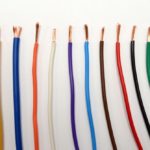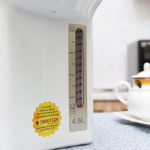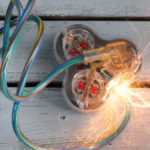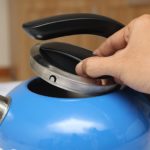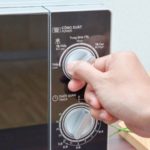In many households, water heaters are considered essential appliances that cannot be missed. Especially in winter, when the weather is cold, the demand for hot water is even higher. The use of water heaters is considered simple and safe. However, from the installation stage, there is one action that can ensure safety during the use of the equipment, but many users are still unaware of it. That is to equip grounding wires for water heaters.
What is a grounding wire?
According to technical units, a grounding wire, also known as an earth wire, is a short electric conductor connected at one end to an electrical device such as a water heater, washing machine, refrigerator, and at the other end to the ground. The purpose of this wire is to eliminate electric current in the event of a current leakage from the equipment, caused by the operation process or device errors. When the equipment leaks electricity, the current will pass through the grounding wire, thereby protecting the users from potential hazards.
Therefore, equipping grounding wires for electrical devices in general, and water heaters in particular, is extremely important and necessary. Currently, around the world, a grounding wire is one of the essential parts when installing a new water heater. However, in Vietnam, many families still neglect to install grounding wires due to a lack of awareness of the importance of this component.
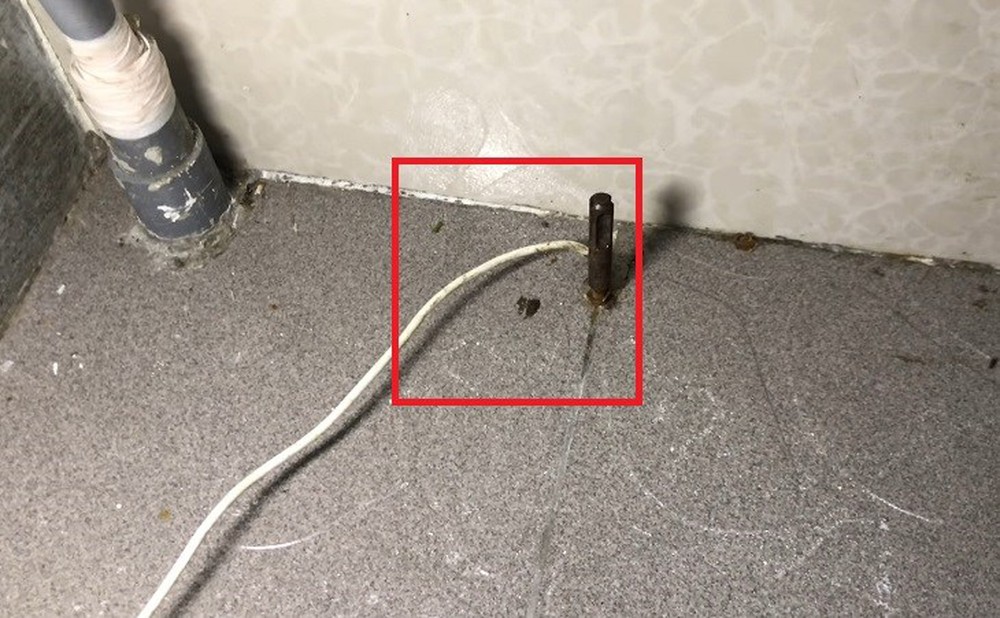
Meanwhile, water heaters are considered one of the devices with the potential risk of electrical leakage. Leakage can occur due to many reasons, such as parts of the device wearing out after a long period of use, sediment buildup on the heating rod, causing electrical leakage into the water or corroded pipes… Installing grounding wires for water heaters will help users avoid electric shocks during use.
The installation of grounding wires can not only be done with new devices, but also with water heaters that have been in use for some time. Users can contact technical units or the equipment suppliers to install grounding wires for their water heaters.
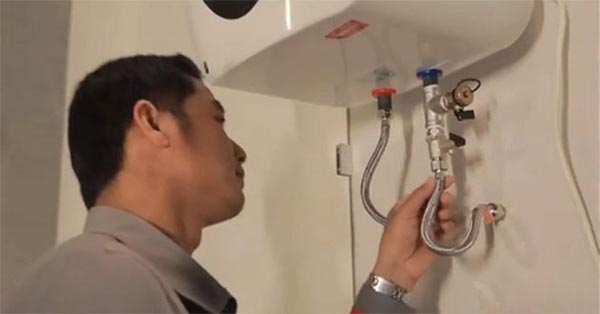
For users who want to learn about the basic steps, here is a guide provided by technical units.
– First, prepare the necessary tools including a metal rod made of copper or iron, at least 1m long; a drill; a voltage tester, and electrical wires.
– Once all the tools are available, proceed to the steps. Step 1, cut off all power supply to the water heater by switching off the circuit breaker or disconnecting the power source. To make sure, use a voltage tester to check again and ensure that the power supply to the device is completely disconnected. Step 2, connect one end of the prepared wire to the water heater at the screw point on the casing, and connect the other end to the metal rod used for grounding. Step 3, bury the metal rod connected to the wire into the ground near the equipment. At this step, the depth should be about 70cm, and the drill can assist in quick and easy execution.
Precautions for safer use of water heaters
In addition to installing grounding wires for water heaters, experts also recommend users to remember some precautions during use to ensure safer operation of the equipment. Firstly, it is important to develop a habit of turning off the water heater. Many users, especially in winter, tend to leave the device operating all day, even when not in use to ensure hot water is available at all times for various purposes.
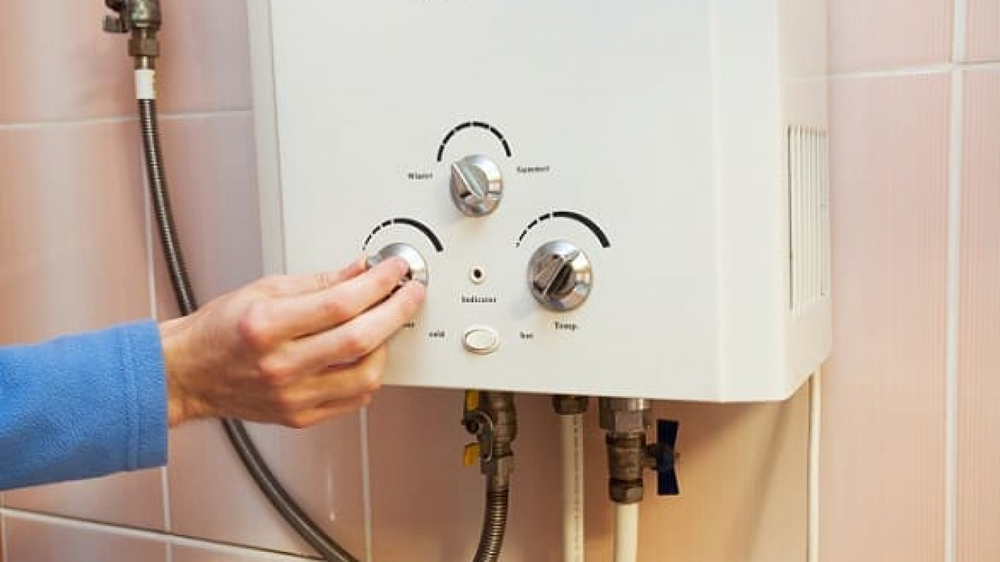
However, this can cause the device to be overloaded, reducing its lifespan, and even causing damage and dangerous electrical leakage. It is advisable to turn on the water heater about 20-30 minutes before use, depending on the needs. During use, remember to turn off the water heater.
Another important aspect is the regular cleaning and maintenance of the water heater. Not many households are aware of this issue. According to experts, it is best to perform regular cleaning and maintenance of the water heater about 1-2 times a year. This helps improve the efficiency of the equipment and promptly address any malfunctions or problems.
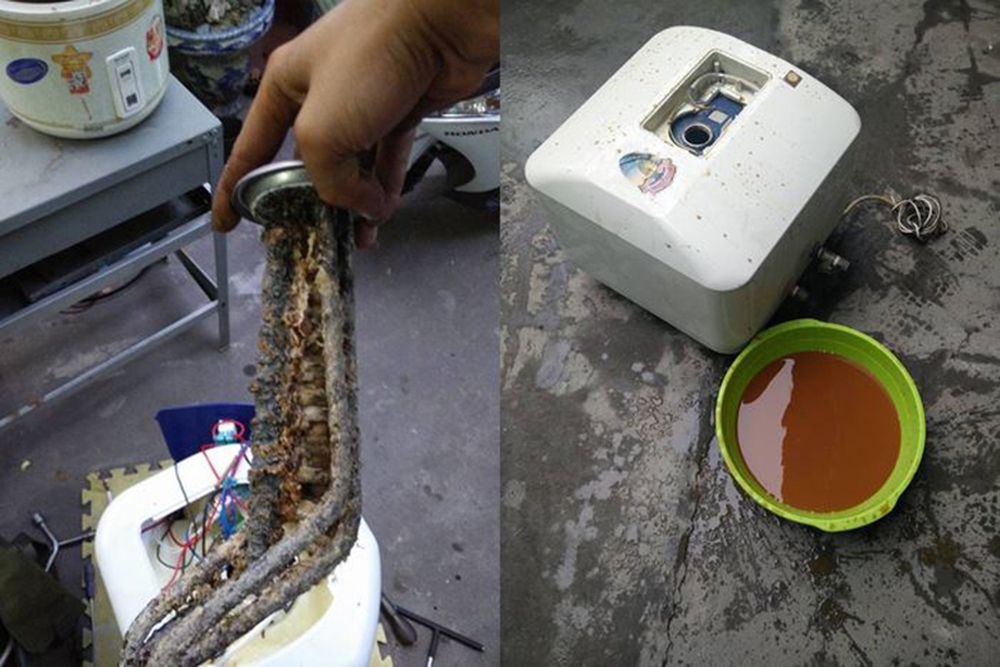
Source: doisongphapluat.nguoiduatin.vn
Discovering and Fixing Electrical Leaks in the Home
With modern households requiring an ever increasing amount of electricity, it is more important than ever to be aware of the potential dangers posed by electric leakage. Don’t worry, though, as this guide will teach you all you need to know about testing and troubleshooting electric leakage in the comfort of your own home!


























